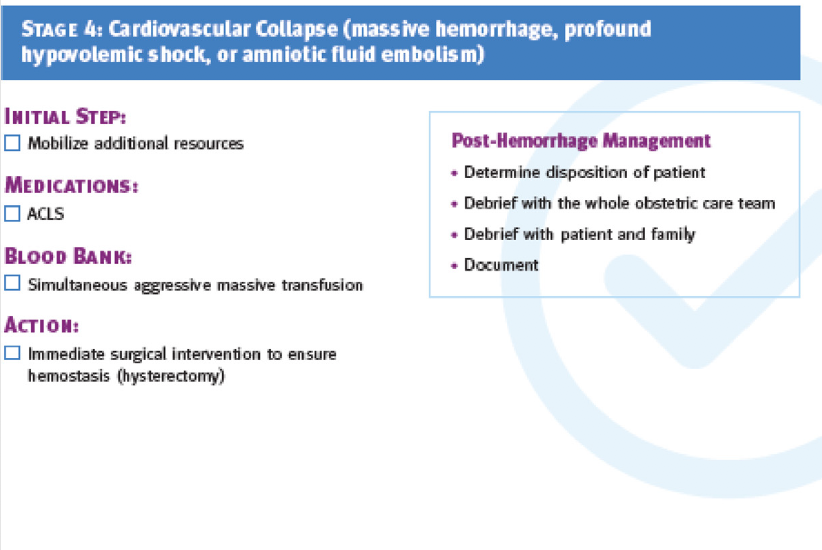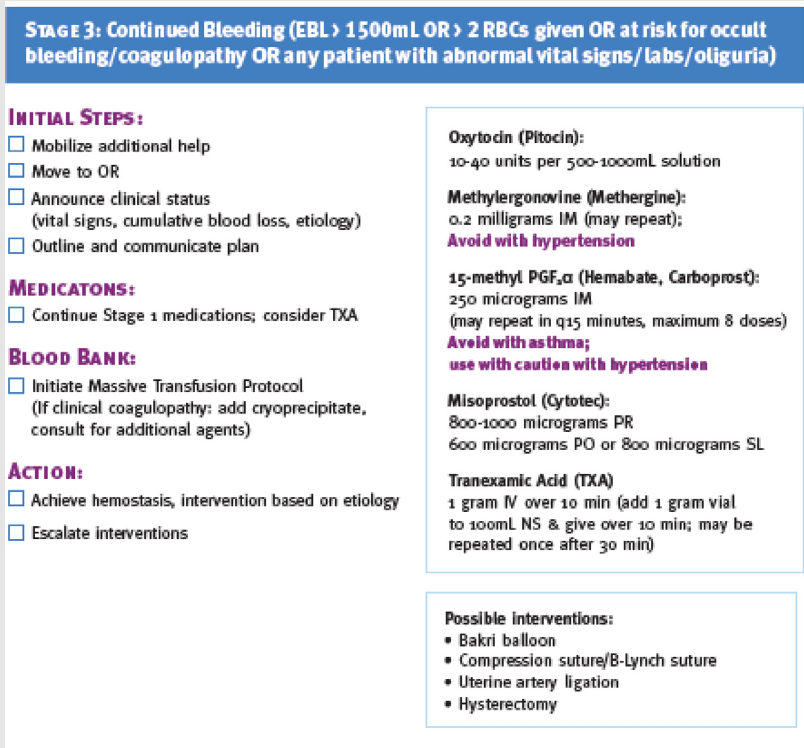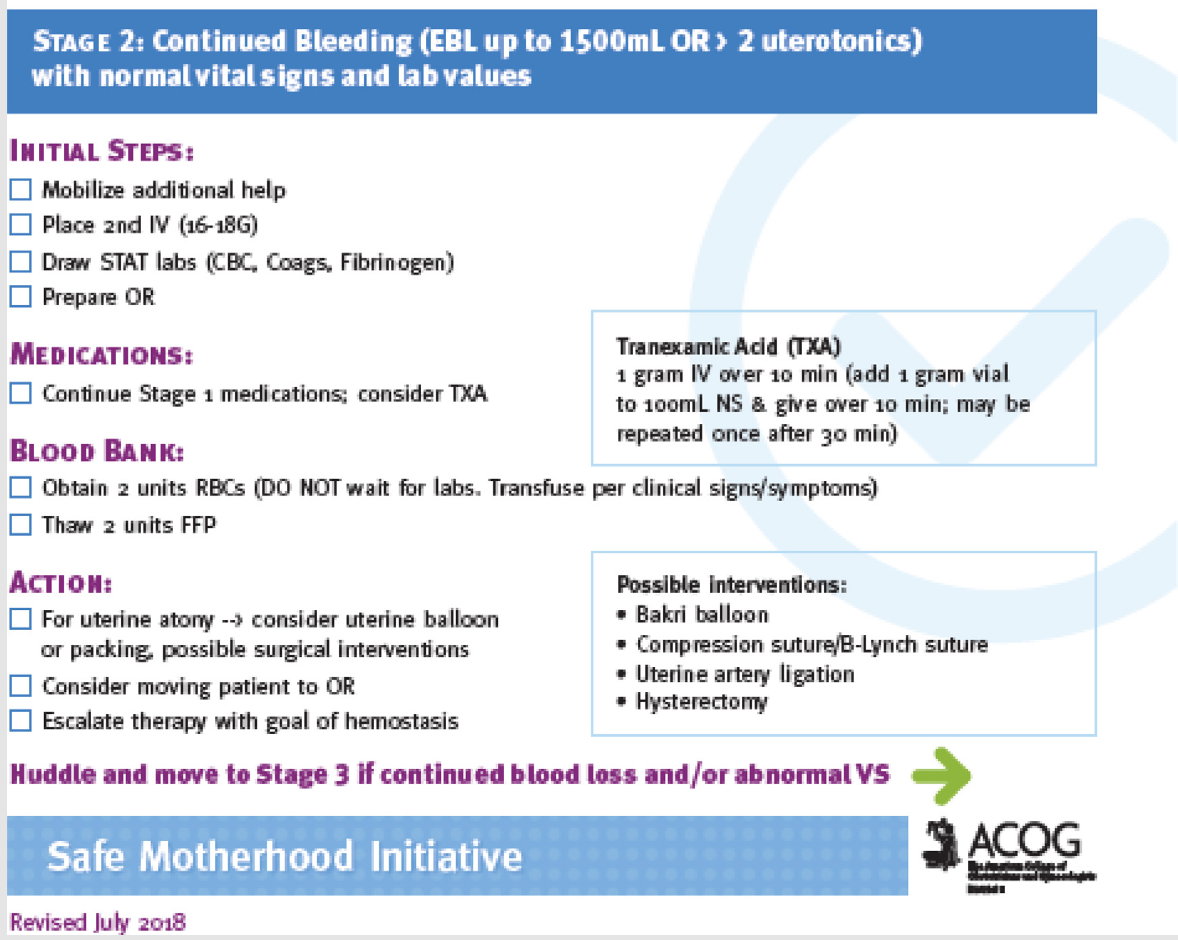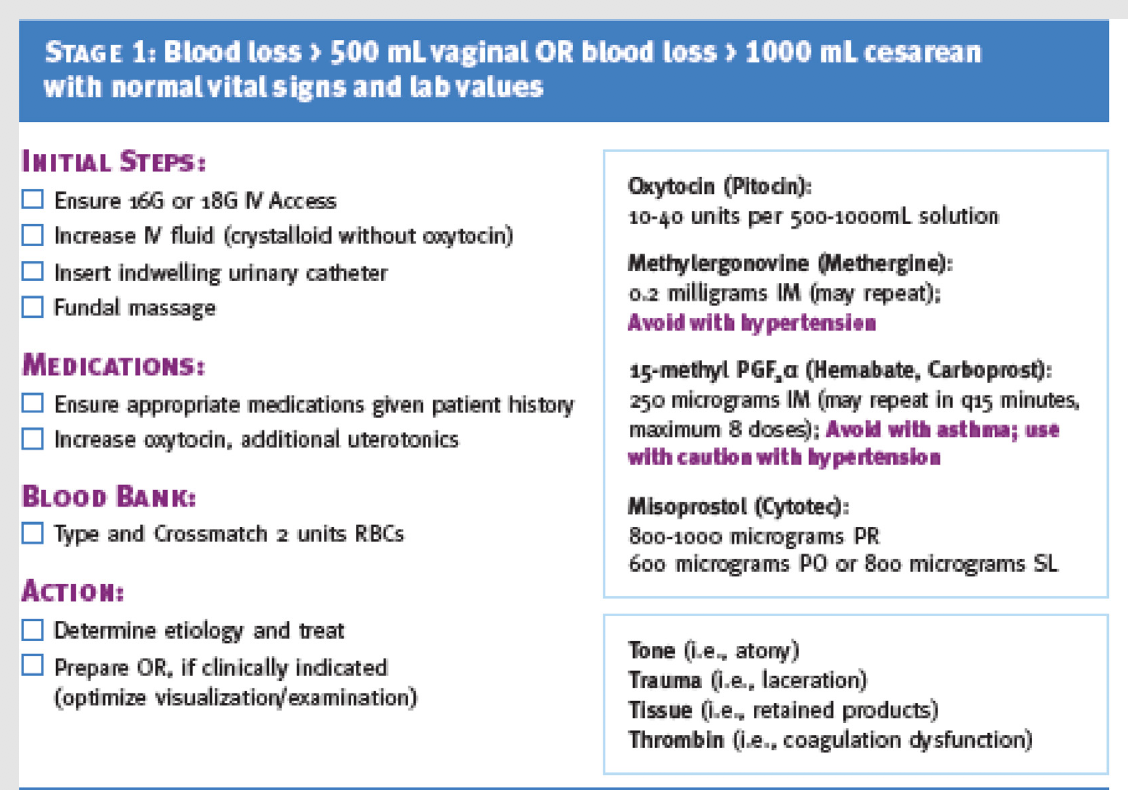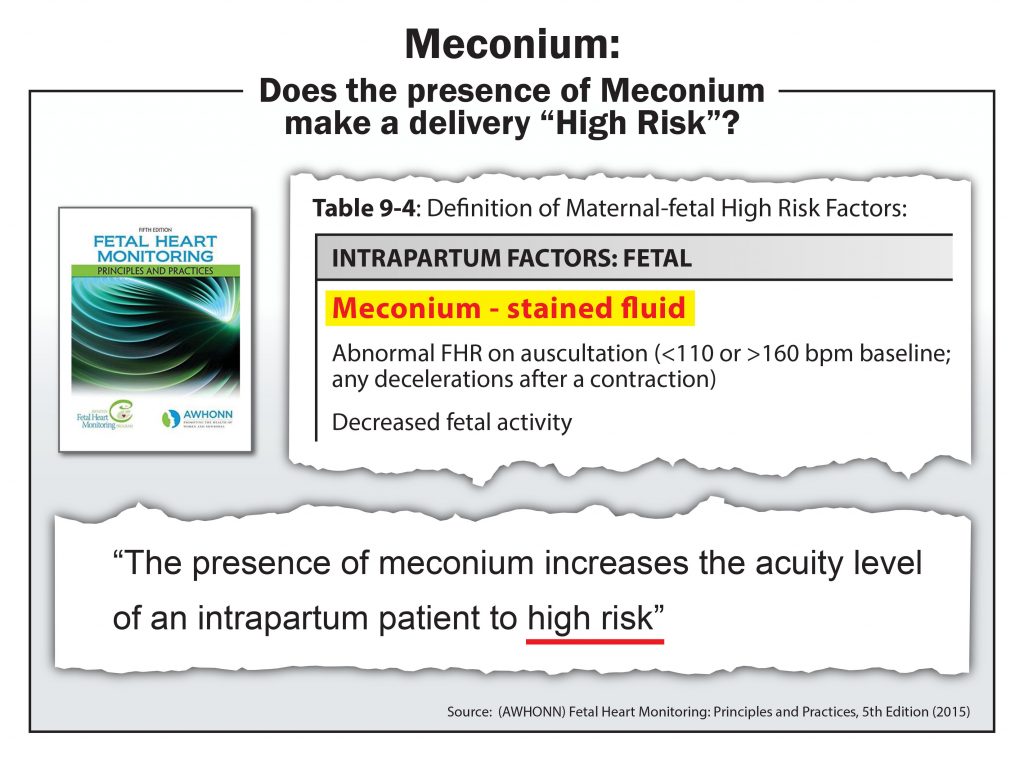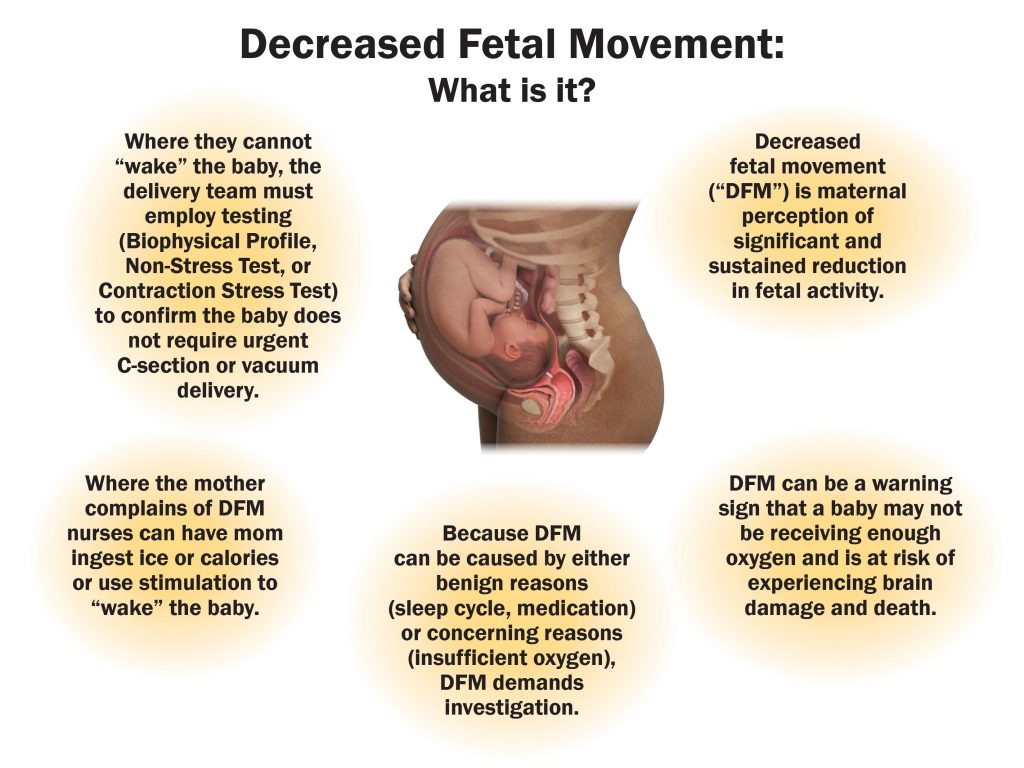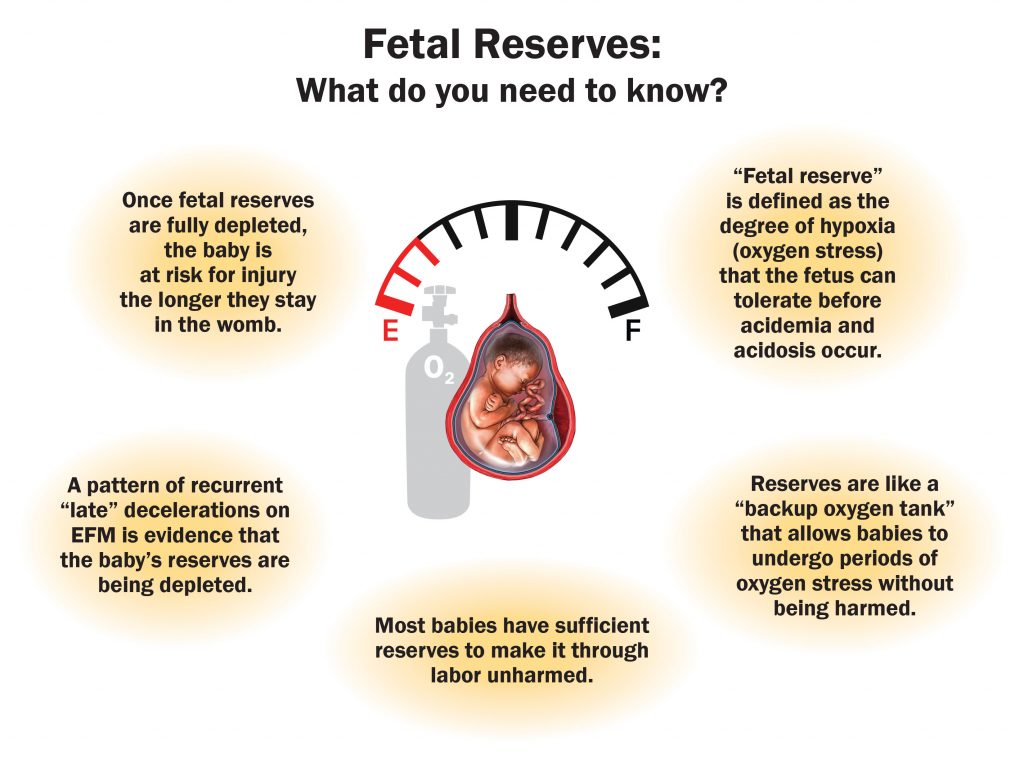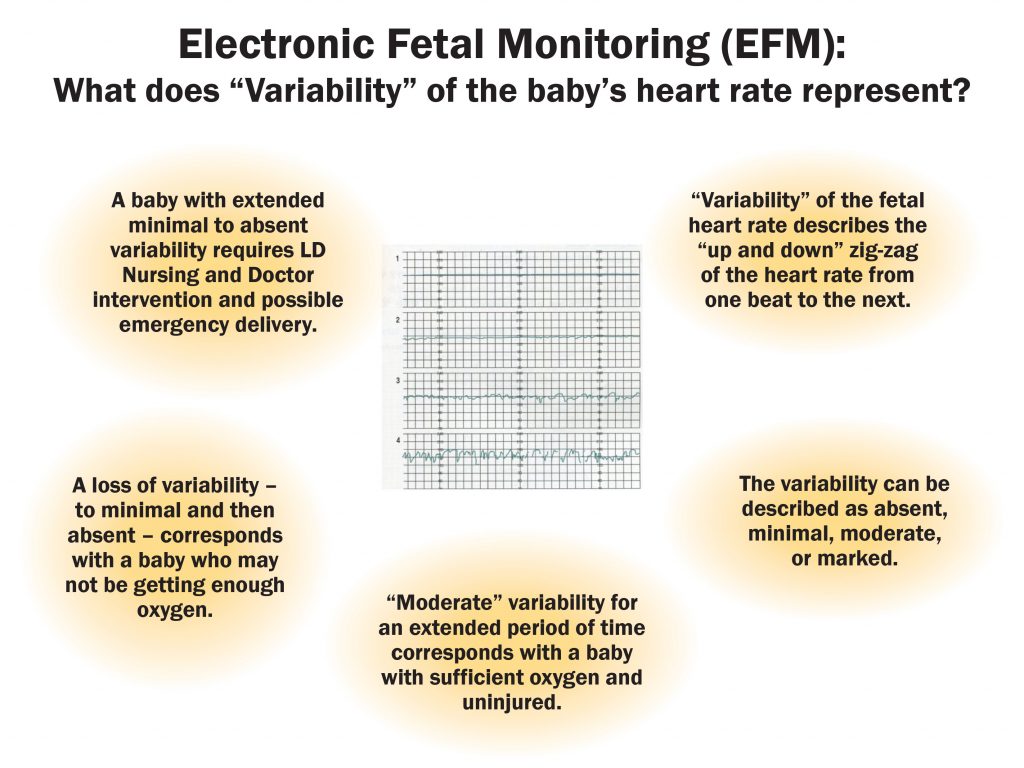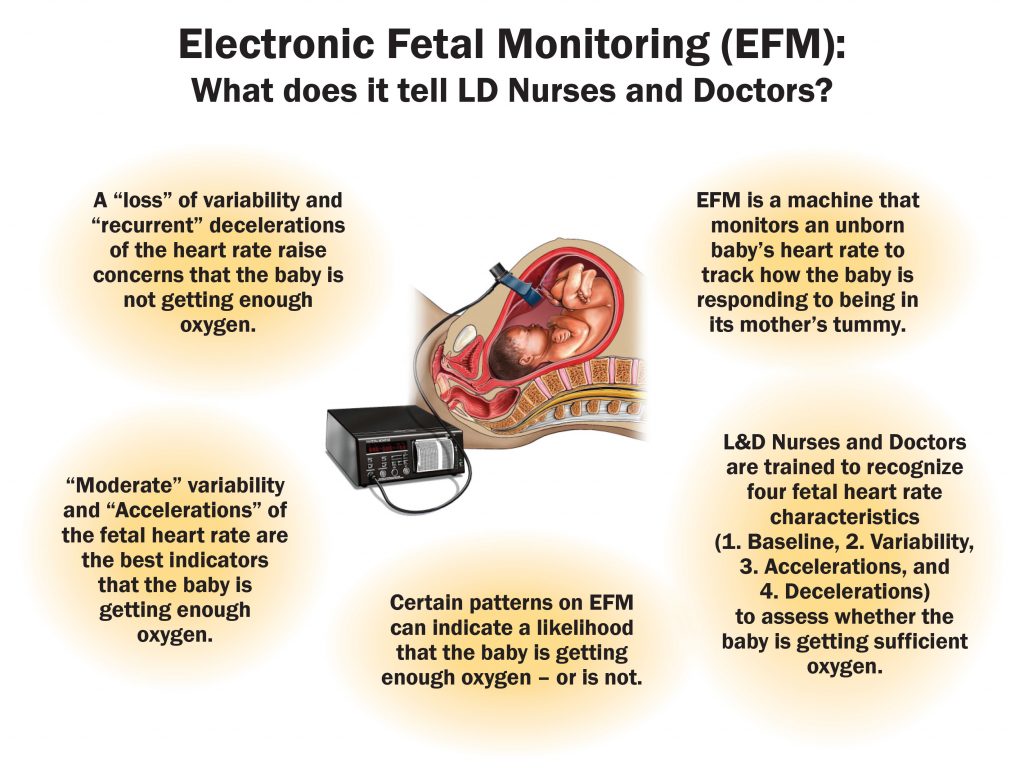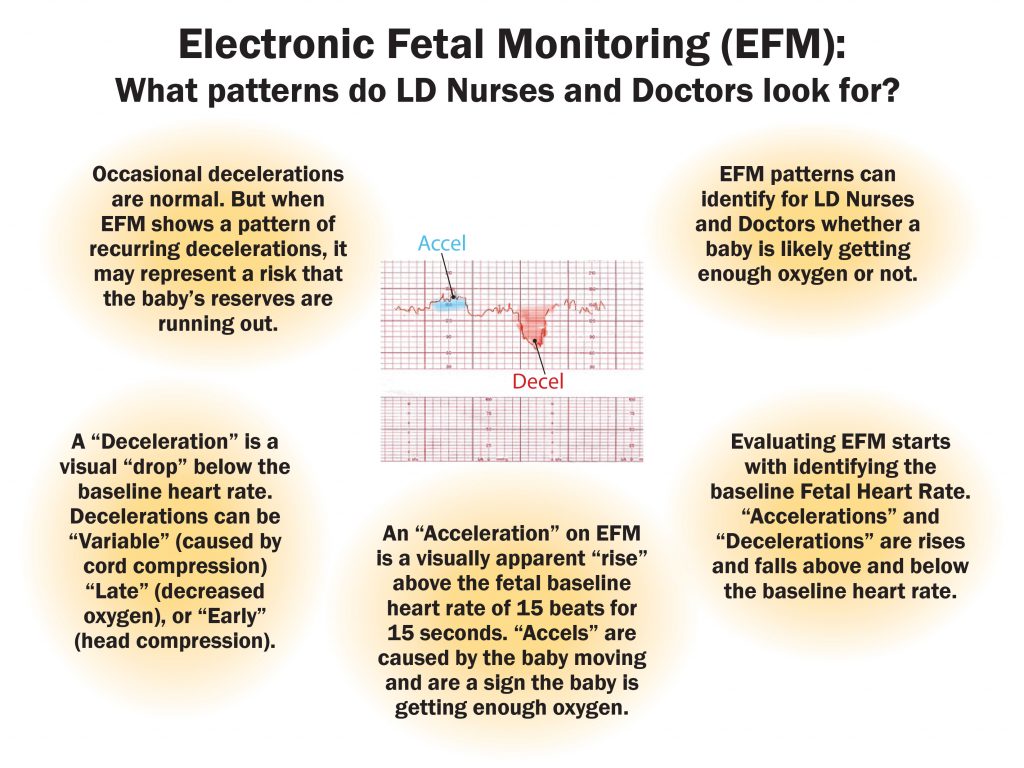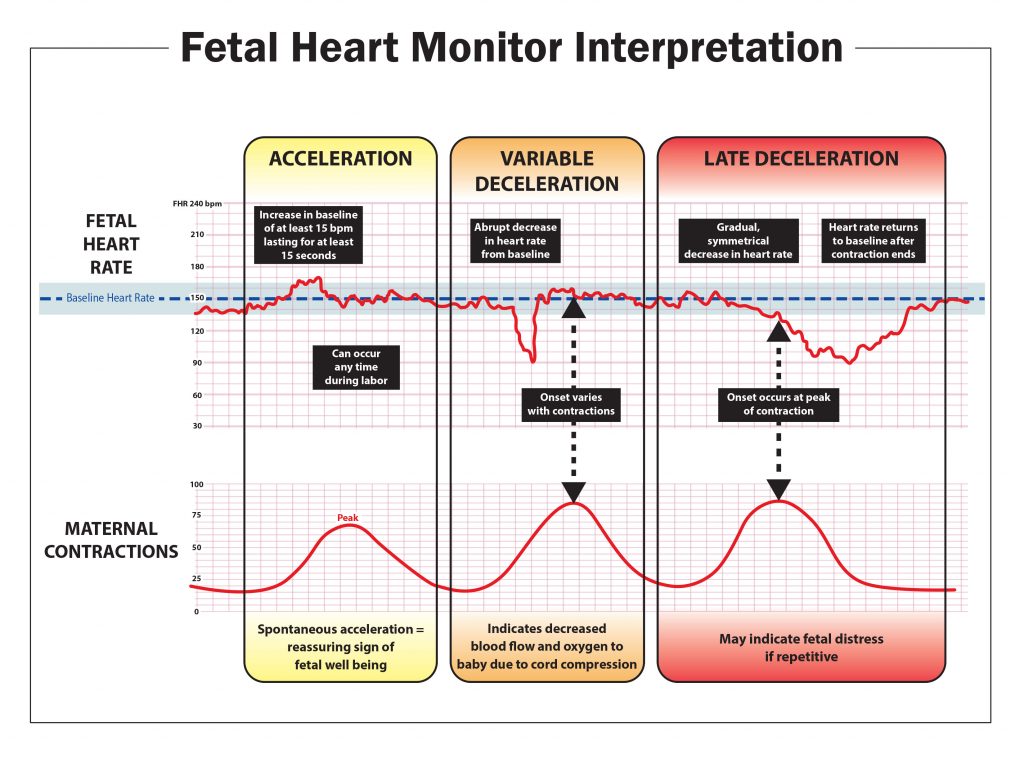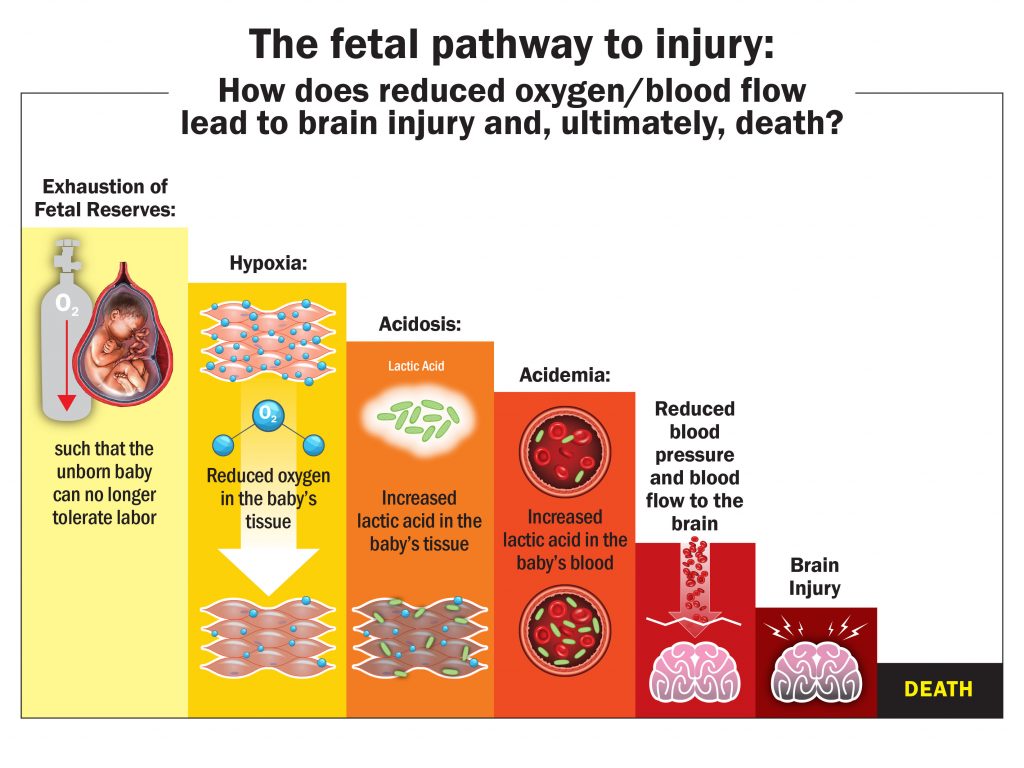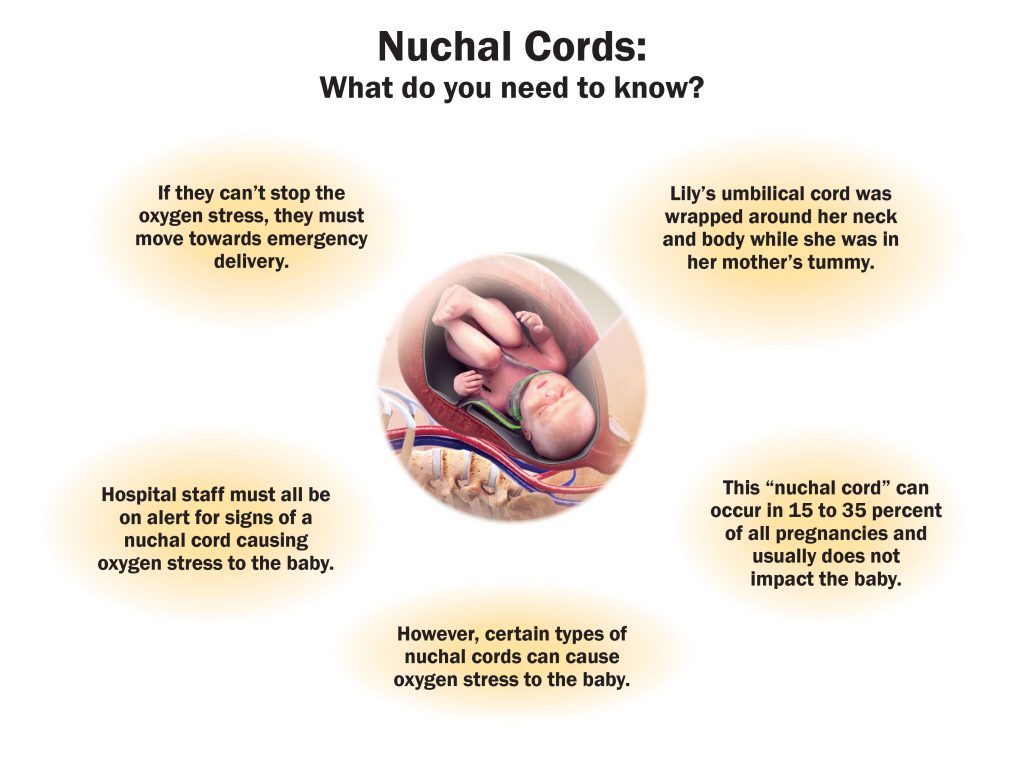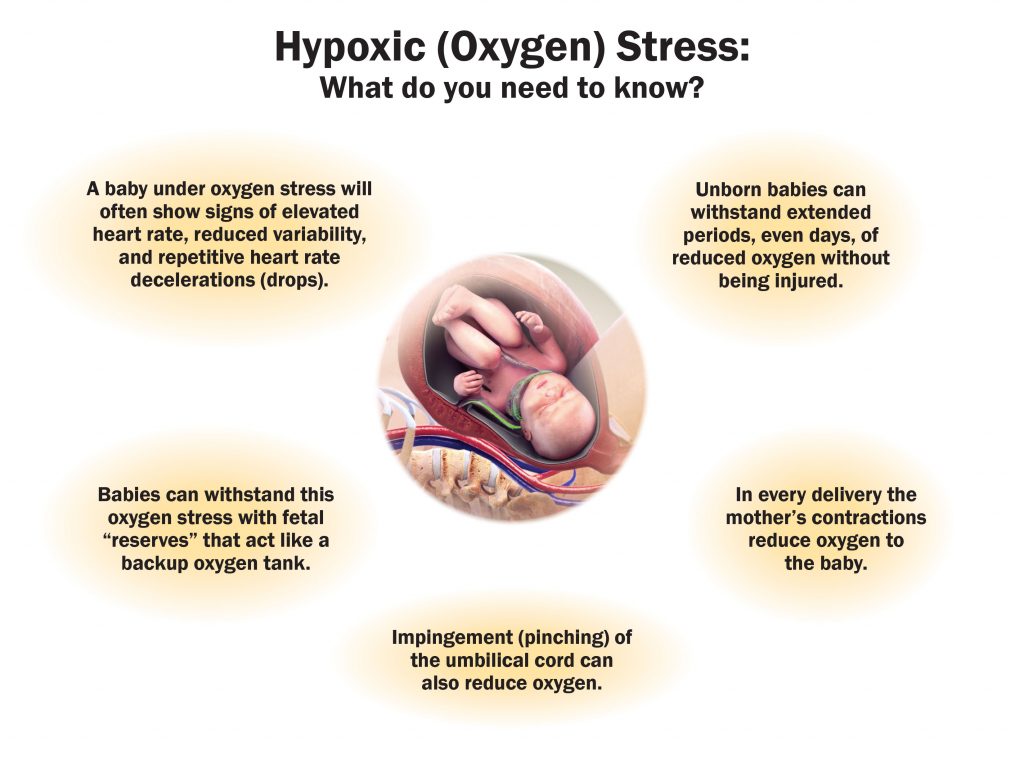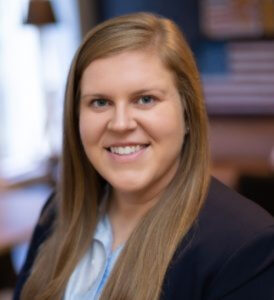Here at Tyrone Law Firm, we do everything we can to help families who have children with special needs. In fact, we have dedicated members of our staff who have had to navigate a path for their own children. If you are a parent with a child with Cerebral Palsy or hypoxic brain injury, we hope these posts will bring you new resources for you, your child, and your family:
Often, birth injuries lead to bigger problems. Epilepsy and developmental delays are common results of birth injuries. Having a special needs child with an ongoing neurological condition can be worrisome for families and create extra stress if a parent isn’t properly educated on the condition. Parents should be familiar with up to date treatments and therapies that are available to their children. The National Institute of Neurological Disorders and Strokes (NINDS), is a part of the National Institute of Health (NIH). Both the NINDS and NIH research a number of devastating neurological and nervous system disorders and diseases.
The mission of NINDS is to “seek fundamental knowledge about the brain and nervous system and to use that knowledge to reduce the burden of neurological disease.” NINDS uses their research to seek “a better understanding, diagnosis, treatment and prevention of neurological disorders.” They provide a list of conditions and disorders that can be used as a guide to find the most up to date information on conditions and treatments.
Around 50 million Americans are affected by neurological disorders every year. This leaves families with emotional and physical strains. They create an annual economic cost of hundreds of billions of dollars in medical expenses. NINDS uses grants to research these neurological diseases and disorders. NINDS researches more common diseases, like epilepsy, Parkinson’s disease and strokes, but they don’t stop there. NINDS also has research programs that are very dedicated to finding treatments for many rare conditions. These rare diseases affect fewer than 200,000 Americans, are defined as conditions.
ALS and Huntington’s disease are examples of rare neurological conditions that scientists and clinicians study at NINDS. There are hundreds of other rare diseases that NINDS funds researching for. These diseases include neuromuscular and neurodegenerative disorders, movement disorders, epilepsies and episodic disorders, channelopathies, mitochondrial encephalopathies, and childhood developmental and/or genetic syndromes involving autism or intellectual disability.
NIHaving the most up to date therapies and information on conditions is critical for the proper care of someone suffering from a neurological condition, whether rare or common. NINDS both supports and conducts basic and clinical research. They do not only research on the diseased nervous system, they use the normal nervous system for research too. This gives them a better understanding, of neurological disorders , allowing them to diagnose, treat, and prevent disorders.
If you would like to know more about The National Institute of Neurological Disorders and Strokes (NINDS) or other resources for your family you can find NINDS on the web at http://www.ninds.nih.gov . If our firm can ever help you or someone you know, please don’t hesitate to contact us at the Tyrone Law Firm.

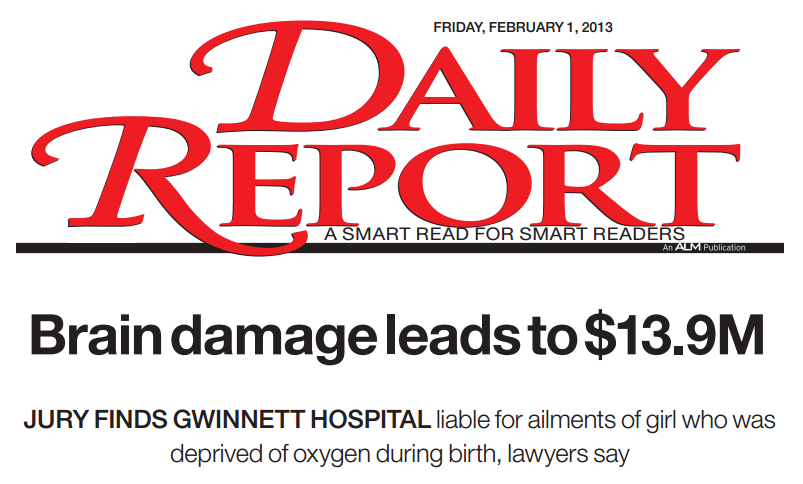
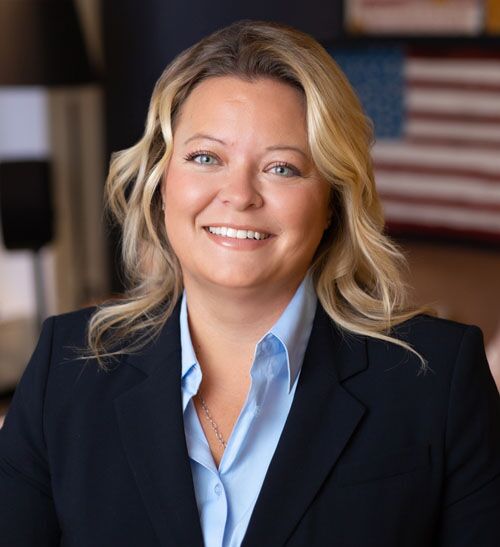
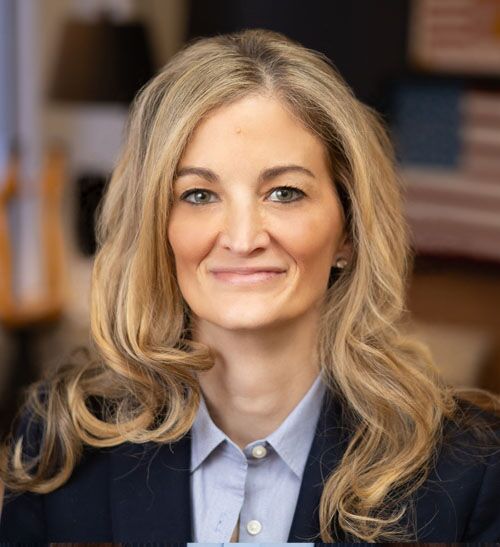

 Hayley serves as a Labor and Delivery Nurse Consultant for the Tyrone Law Firm. She attended and graduated Cum Laude from the University of Georgia in 2004 with a Bachelor of Arts degree in Journalism/Public Relations. After graduation she moved to the gulf coast where she pursued a career in real estate and development.
Hayley serves as a Labor and Delivery Nurse Consultant for the Tyrone Law Firm. She attended and graduated Cum Laude from the University of Georgia in 2004 with a Bachelor of Arts degree in Journalism/Public Relations. After graduation she moved to the gulf coast where she pursued a career in real estate and development.
